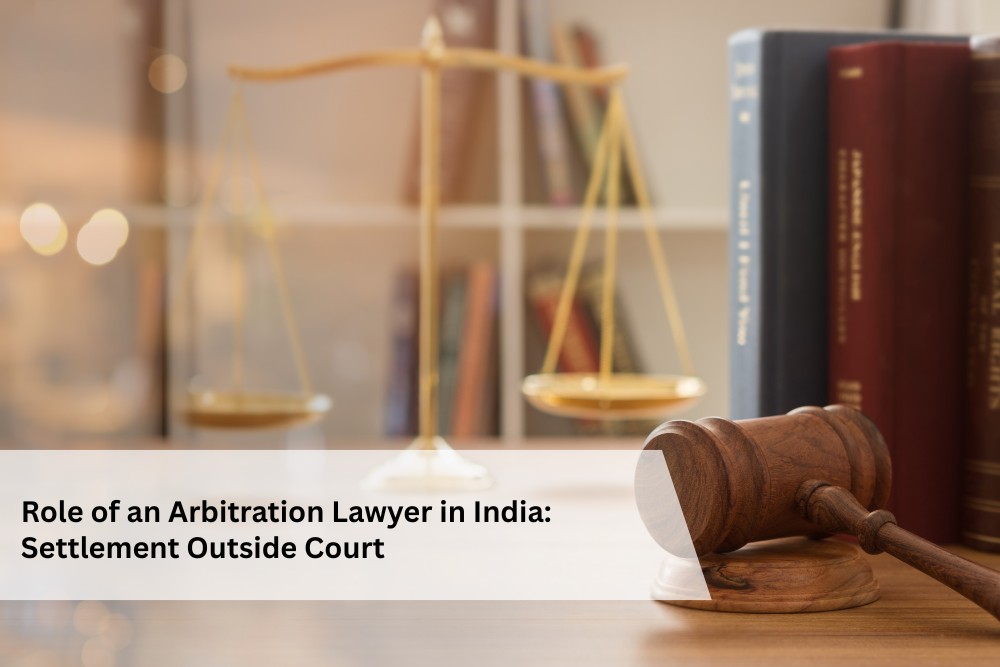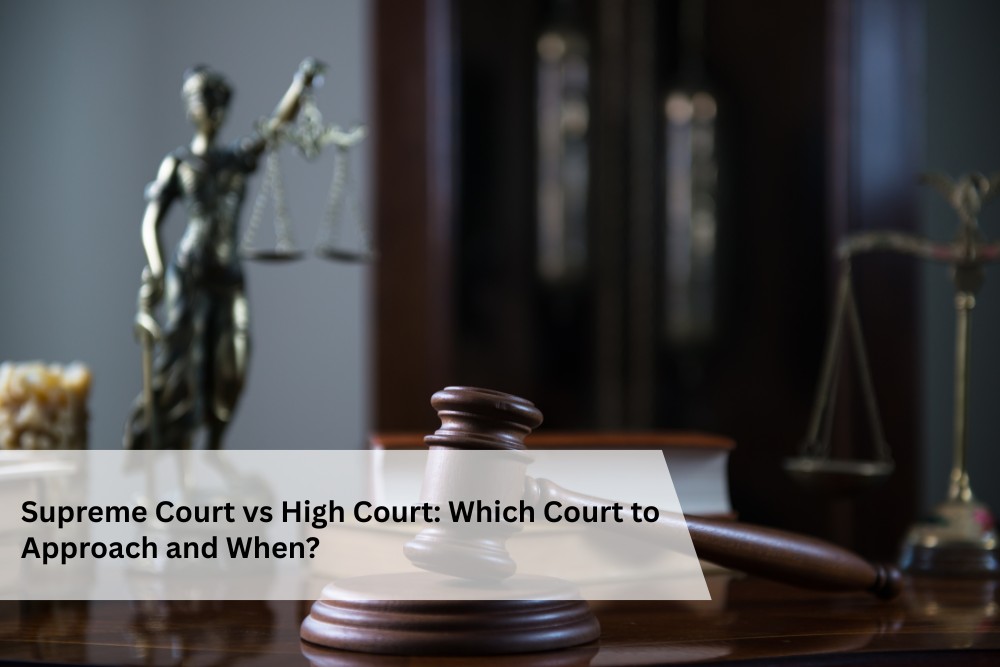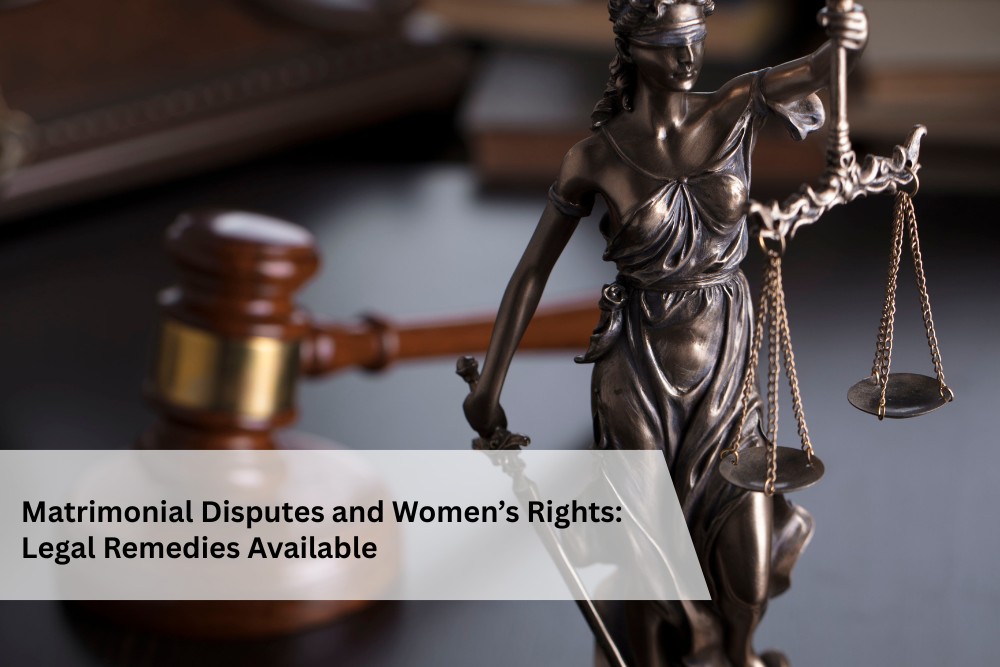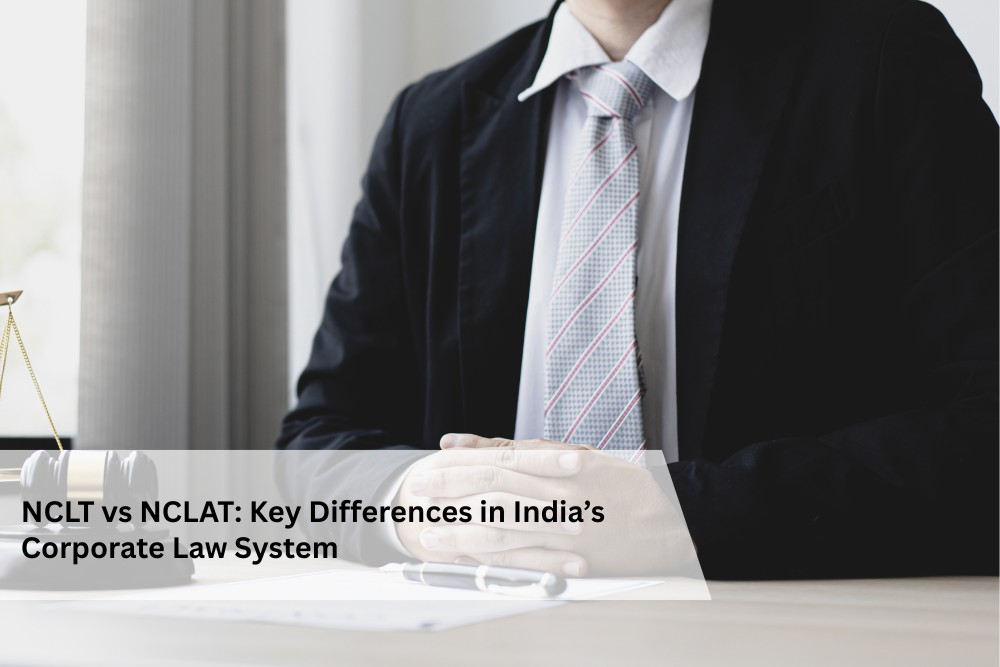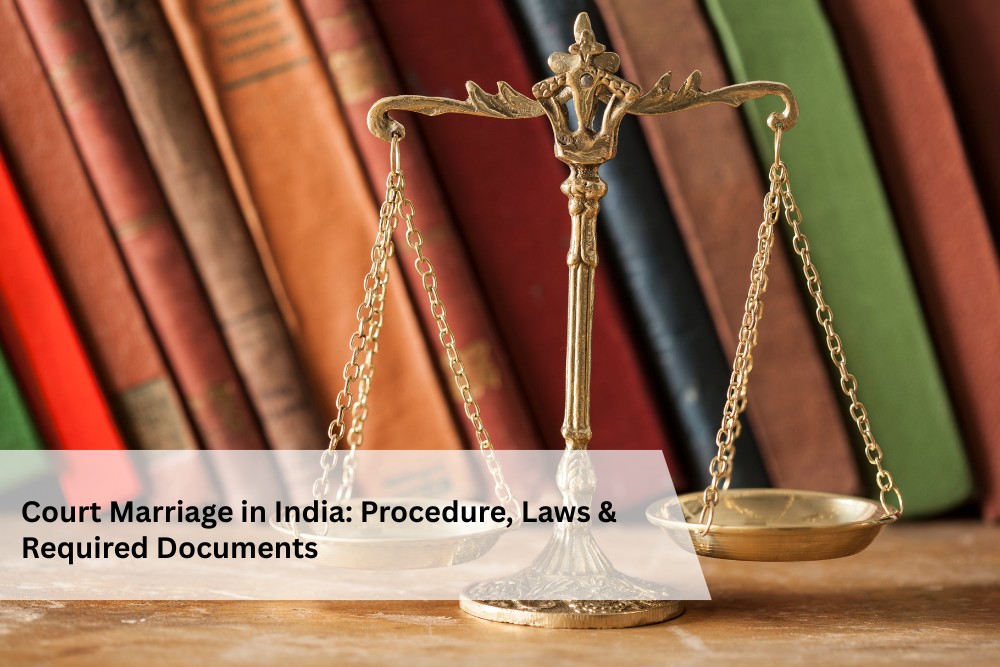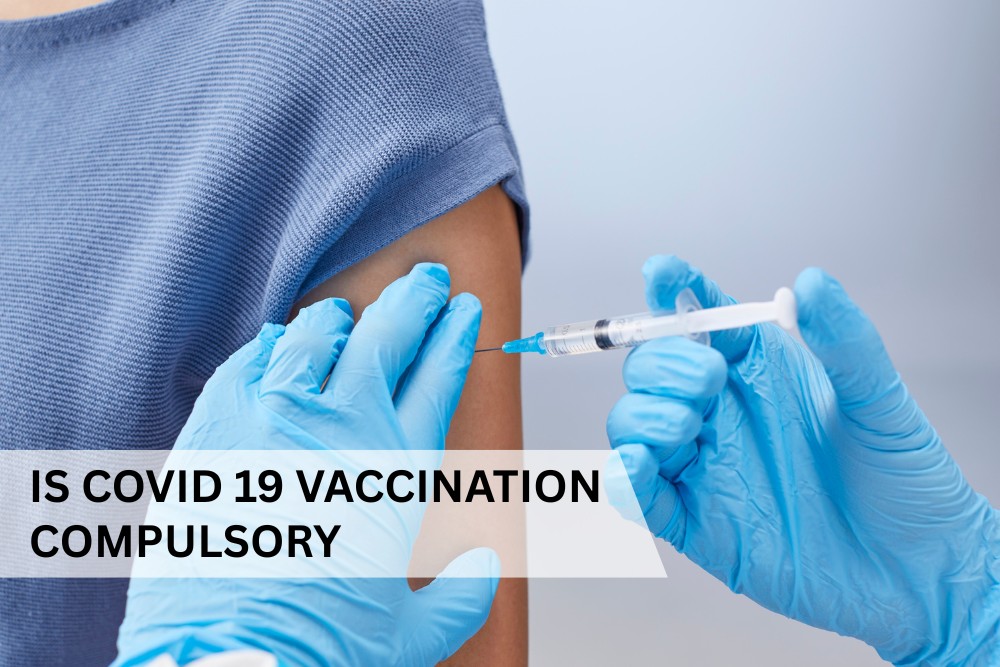
Abstract
Everyone is not immune to every disease. COVID-19 is that kind of disease which touches every single person on the Earth. Many may not fall sick badly but every person experienced this sickness whether in mild state or in moderate state. COVID 19 touches every individual. This is the challenge facing by everyone in the world. To fix this problem it has only solution i.e., vaccine. Although everyone is not supporting the vaccine because of the post inoculation consequences. some are being rigid or some has vendetta against the government, due to which they are not accepting the vaccine. That’s why the government taking initiative to mandate the vaccination. But in India there is no law in this regard.
Many cases were brought in front of the Hon’ble Supreme Court and the High Courts of the respective states, where it is said that the no rules or policies regarding vaccine bounds individual. Despite of every instruction given by the court the government working on different tangent and endeavor to mandate the vaccine.
The Article 47 of the constitution of India said that the government is obligated to maintain and improve the public health, but there is nothing mentioned in the constitution which said the vaccine is compulsory. It only leads to social disorder and the violation of Article 38 which deals in the promotion of the social welfare of the people by securing and protecting the people.
Only solution and right way to provide vaccine to all persons by educating and creating awareness in society on the urgent needs of the vaccine but the compulsion is not the solution.
“Although our main concern is to treat people with substance use disorder and mental health issues and to mental health issues and to ultimately prepare them for reintegration into society, vaccination, is crucial in terms of ensuring overall health and well-being.”
-Susanne Bjelbo
Mandatory Vaccination
People say “Single smile gives life-------A healthy life” but the Pandemic snatch that smile and the hope of life, healthy life is a myth for today’s world. Corona has occupied all happiness. We are living in a Pandemic Century and every single corner of the world has a fear of the loss. In this situation the Vaccination brings an expectation ray to life.
Although, everyone’s thinking not travel on the same track. As a result, the significant challenge arises that “Is Covid-19 Vaccination Compulsory?”
The medical science is not sure about the compulsion of vaccination because the vaccination has its own side effect which is not a good sign for the human health but the pandemic era has only solution i.e., the Inoculations. Vaccine is a sentinel and once again people are smiling. However, the legal aspects say otherwise. Lately, there is no absolute act related to vaccine. However, there are many laws like “Compulsory Vaccination Act, 1892, The Epidemic Disease Act, 1897, The Disaster Management Act, 2005” says otherwise which supports government to take measure steps to prevent outbreak of pandemic. Even in the British Period the similar steps had been taken to take care of small pox. The act enacted in the British Period was repealed in 2001. The main moto of that vaccination to give power to prohibit inoculation, and make vaccination in certain municipalities and cantonments. In this context one more question arise, whether “The Epidemic Disease Act, 1897and The Disaster Management Act, 2005” above the right of life or not?
Section 2A of the Epidemic Disease Act, 1897, the government may prescribe temporary regulations if the existing law is not sufficient to prevent the outbreak of pandemic. However, the liberty is extended only in the affairs of the travel. The core meaning of the provision is that central government has the power to allow the travel through compulsory vaccination. According to section 2 of the act power for state government does not mean to mandate the inoculation, but subject to the inspection and segregation of infected persons. In light of the given PCR- Test, Antibody-Test etc. for COVID-19 is mandated.
Same in section 3 and 6 of the Disaster Management Act, 2005 empowered the Central Government to establish NDMA (National Disaster Management Authority) which is capable of making policies and management to mitigate the disaster at national and state level. According to the Section 62 of the act, the central government may direct the state government to assist the NDMA. It means the Central Government may have power to mandate the vaccine.
With the above discussion, it is clear that the vaccine is not mandatory. Still the government has power to enforce the repealed law and confer the provision which provides order for mandatory vaccine. There is a recent incidence happening with famous tennis player Novak Djokovic who refuses to take vaccine. Apart from various Acts the government can indirectly enforce the people for inoculation like the issuance of passport or revocation of passport of any person, if that person has not taken the vaccine. Even the Central Government has power to enforce foreigners who wish to enter into the country. The vaccine could be problem for those who are approaching for Public Employment, because in public employment requirements for the eligible candidate there are many requirements and one of them is vaccine. United States also approved such requirements.
Every provision has some liberty and this provision there is also some liberty. People can take the help of Fundamental Rights of constitution which gives the right of personal liberty and right to follow the religion. Article 21 and Article 25 of the Constitution of the India deals with the rights of personal liberty and follow the own religion could be the main grounds to refuse the vaccine. According to personal liberty every individual (INDIAN) has right to refuse the medical treatment if he believes that the treatment is subject to the death of life. And according to the Article 25 of the Constitution of India protect the religious practice subject to public order, morality and health. The Hon’ble Supreme Court of India in the very famous case “ARUNA SHANBAUG VS. UNION OF INDIA” made clear distinction between active and passive euthanasia.
Recently the Hon’ble High Court of Meghalaya said that the forceful inoculation does not find any mandate place in the law. If any kind of act takes place is unconstitutional since its commencement. The mentioned statement is held on June 23, 2021 in the case of REGISTRAR GENERAL HIGH COURT OF MEGHALAYA VS. STATE OF MEGHALAYA. The Court said that no welfare policy can affect the fundamental right i.e., personal liberty, livelihood, right to life etc. of the citizen.
In Delhi, Uttar Pradesh, and Orissa similar affairs like the above-mentioned case is arisen, where the inoculations are compulsory for the frontline health workers, traders and businessmen. In-fact the inoculation is not compulsory according to the UNION HEALTH MINISTER, but the clarification by the minister not applicable on certain sectors. That’s why it causing chaos and the reason of conflict. The conflict arises the situation where the analyzation of the constitution validity of forced vaccination is necessary.
With the help of above discussed case and many cases like CONSUMER EDUCATION AND RESEARCH CENTRE VS. UNION OF INDIA it cleared that the inoculation is not mandatory and the forcing the law related to the vaccine is “Ultra Vires”.
Conclusion
If anyone ask me is COVID 19 Vaccine is compulsory or not? I will say “Yes”. According to my point of view, the COVID 19 Vaccine is compulsory. COVID 19 is infectious disease which causes chaos in human life and their livelihood. If the COVID-19 vaccine is sentinel for us then, by making excuse with the help of Fundamental Rights is not strong ground because the public health is more important than personal issues. It is a matter of “Unity” and the survival of the “Human Life”.
CITIATION
1. Newspaper Article: -
- The Hindustan Times
- India Today
2. Internet Website: -
- Bar and Bench
- Indian Kanoo
- The Print.in
3. Cases
- Aruna Shanbaug Vs. Union of India
- Consumer Education and Research Centre Vs. Union of India.
- Registrar General High Court of Meghalaya Vs. State of Meghalaya
4. Bare Act: -
- Constitution of India
- Compulsory Vaccine Act, 1892
5. WHO doctor’s opinion


